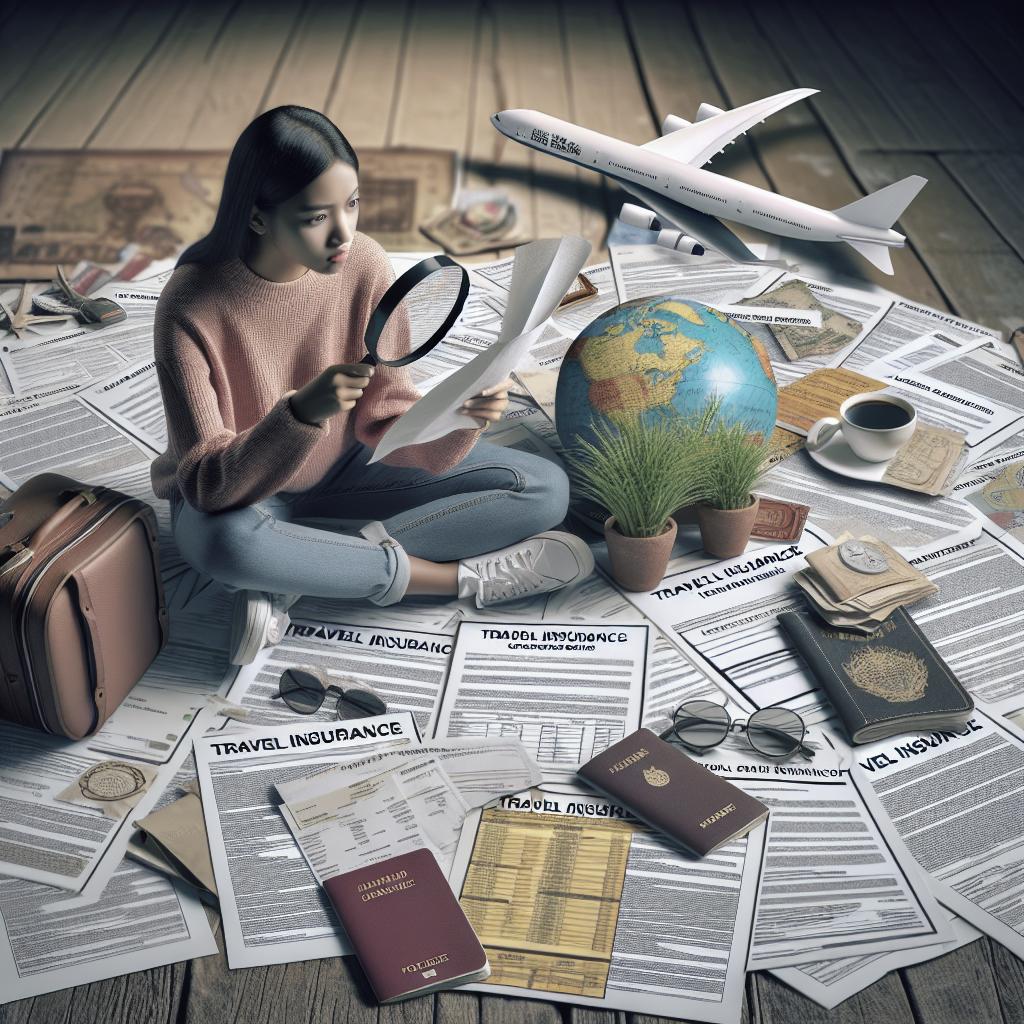“`html
How Travel Affects Mental Well-being
In an increasingly fast-paced world, taking time for travel isn’t just a luxury—it’s essential for maintaining mental well-being. From planning the perfect getaway to understanding the deeper effects of travel on our psyche, exploring the world offers numerous benefits that go beyond just seeing new sights. Discover how strategic planning, frequent travel, and solo adventures can foster creativity, boost mental health, and lead to a happier, more fulfilled life. In this article, we’ll guide you through essential tips and insights into making the most out of your travel experiences, ultimately improving your mental health journey with each new venture.
How To Plan Your Vacation To Improve Your Mental Health?
Organising A Surprise Trip
One way to seriously enhance your mental well-being is to organize a surprise trip. The spontaneity that comes with not knowing every detail in advance can add a sweet thrill to your adventure. This thrill can spike dopamine levels, leading to increased feelings of joy and contentment. The sheer excitement of a surprise can break the monotony of daily life, providing a much-needed mental refresh.
To execute a surprise trip, start by setting clear intentions—do you want a peaceful retreat, or are you in the mood for an adrenaline-filled adventure? Once decided, you can assign the destination to a friend or use online generators that will randomly pick destinations for you. Remember that the goal is to de-stress, so flexibility and a positive mindset should be your only expectations.
Developing A Habit Of Travelling
Frequent travel can serve as an ongoing therapy for the mind. By making travel a regular part of your lifestyle, you create a mental habit that consistently allows you to explore new cultures, cuisines, and landscapes. Such exposure not only broadens your world view but also fosters a deep sense of independence and resilience, essential qualities for mental well-being.
Start small by dedicating a portion of your income to a “travel fund” and setting specific goals for your next adventure, whether it’s a monthly hike or an annual international journey. Over time, this practice becomes second nature, allowing you to reap mental health benefits through consistent breaks from routine life.
Find Out New Locations Around
Sometimes, extraordinary travel experiences are just around the corner. Exploring less-discovered spots around your city or country can be equally rewarding and far less stressful than planning elaborate vacations. These smaller trips can present an opportunity to disconnect from the hustle and bustle of daily life, offering a fresh perspective and increased mental relaxation.
Start by researching local travel blogs or joining community travel groups that often highlight unique spots you’d be surprised to find nearby. Each discovery reinvents your everyday world, keeping your mind curious and your spirit revitalized.
Travelling Alone Is The Best Approach
Solo travel can be transformative, offering moments of introspection and self-discovery that are less likely to occur in any other setting. Travelling alone encourages you to face challenges, make decisions independently, and engage in self-reflection, all of which contribute to improved mental fortitude and confidence.
Preparing for solo travel may involve research on safety measures and necessary planning but remember that the essence lies in freedom. Through solo travel, you can build a deeper connection with yourself, learn new skills, and step out of your comfort zone—each step adding a layer to your mental well-being.
Benefits Of Frequent Travelling
The benefits of frequent travel extend beyond the enjoyment of seeing new places; they play a pivotal role in mental health management. For many, regular travel becomes a meaningful ritual that reduces stress, anxiety, and the looming threat of burnout. The break from routine fosters mental clarity, enabling better problem-solving and decision-making upon return.
Experts often cite the ‘fresh start effect,’ wherein traveling provides a sense of renewal and fresh perspective that can catalyze positive changes upon returning to everyday life. This can lead to an improved outlook, better mood regulation, and heightened sociability.
How Travel Affects Mental Health?
Travel makes you more creative
Traveling exposes you to diverse experiences that can break the cognitive patterns that restrict creative thought processes. Being in a new environment stimulates curiosity and recharges your creativity by encouraging you to see the world through different lenses. This can foster new ideas and solutions in both personal and professional contexts.
Engage with locals, learn about new cultures, and partake in unique rituals or workshops that challenge your thinking. These experiences broaden your creative capacity and develop your ability to think innovatively.
Travel For Your Personal Betterment
Beyond just creative benefits, travel contributes significantly to personal growth and betterment. It pushes you out of your comfort zone, making you adaptable to new situations. Conquering such scenarios fosters a sense of achievement, opening pathways to improved self-esteem and life satisfaction.
Moreover, through travel, you build resilience as you navigate new places, often overcoming language barriers or managing unforeseen challenges. This increased resilience translates into a stronger mental constitution, with greater patience and more robust problem-solving skills that benefit all areas of life.
How Does Travelling Affect Your Mental Health?
The link between travel and enhanced mental health has become increasingly apparent, as studies show its benefits in alleviating mental health issues such as anxiety and depression. Nature, exploration, and the excitement of the unknown can significantly elevate your mood and psychological well-being.
Furthermore, travel encourages social interaction, which is integral to mental health. Meeting diverse people and cultures expands your social network, reduces feelings of loneliness and broadens your empathy and understanding of the world, making you more connected and satisfied with life.
Travelling Can Lead To A Happier And Healthier Life
Perhaps the most compelling argument for regular travel is its remarkable ability to lead to a happier and healthier life. Spending time in nature can lower cortisol levels, the hormone responsible for stress, resulting in a calmer, happier you.
Additionally, through travel, you cultivate a lifestyle of lifelong learning and adventure. This zest for life carries a well-established connection with longevity and improved life satisfaction. Imagine not merely existing but truly living, experiencing the beautiful intricacies our diverse world has to offer.
Next Steps
| Aspect | Impact on Mental Health |
|---|---|
| Surprise Trips | Increase excitement and dopamine levels. |
| Regular Travelling | Builds ongoing therapy for the mind, broadens worldview, and fosters independence. |
| Exploring Local Spots | Provides mental relaxation and fresh perspectives. |
| Solo Travel | Encourages self-discovery, introspection, and mental fortitude. |
| Frequent Travel | Reduces stress, prevents burnout, and enhances overall mood. |
| Creativity | Expands cognitive perspectives, leading to new ideas. |
| Personal Growth | Increases self-esteem, adaptability, and resilience. |
“`


